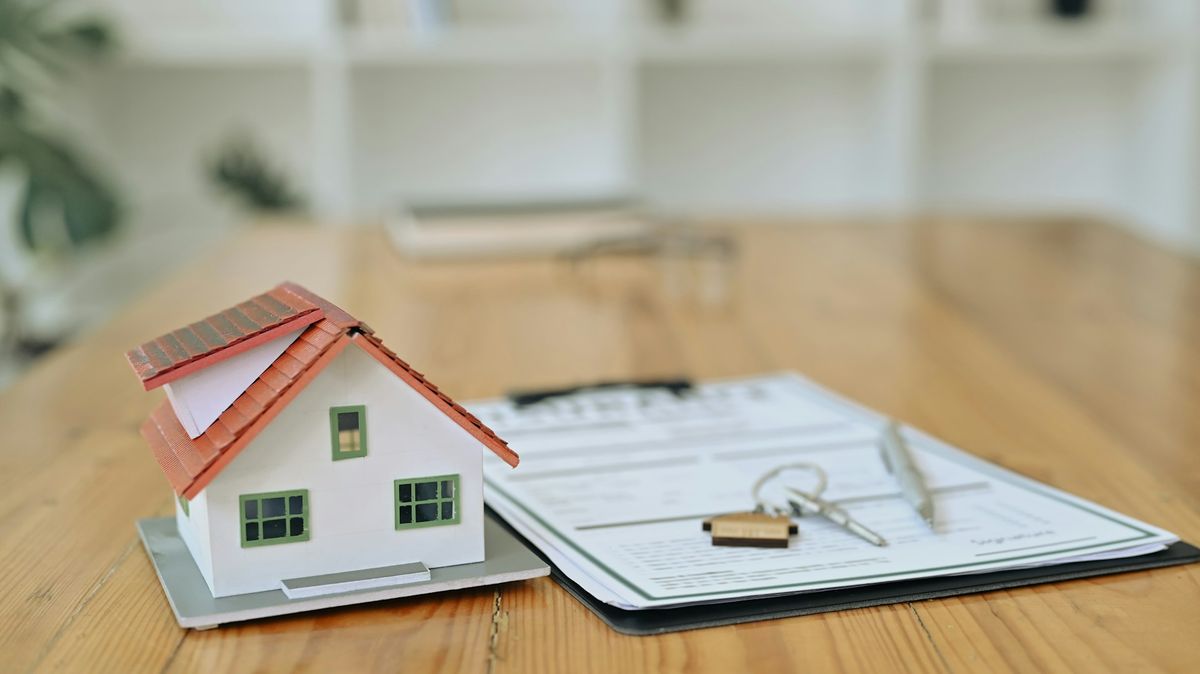
How to Buy Your First Home in North Carolina
Martin J Burke
Buying your first home is a big milestone, especially when doing it in a place as welcoming as North Carolina. Whether you're drawn to the bustling cities or the peaceful countryside, North Carolina has a bit of everything. It's important to know the steps involved in making this dream a reality.
Preparing Your Finances for Homeownership
Getting your finances in shape is the first step to buying a home. Start by saving for a down payment. Most loans require a down payment of at least 3-5%. The more you can save, the better your loan terms might be. Set up a dedicated savings account and contribute regularly to reach your goal.
Next, check your credit score. A higher score can get you better interest rates on your mortgage. You can improve your credit score by paying off debts and making timely credit card payments. Obtain a free copy of your credit report to check for errors that might be hurting your score.
Create a budget to understand how much you can afford. Include all your monthly expenses, such as utilities, groceries, and entertainment. Be sure to leave room for unexpected costs like home repairs.
Use a mortgage calculator to estimate your monthly payments based on different loan amounts and interest rates. Knowing your budget helps you avoid looking at homes that are out of your price range.
Finding the Right Neighborhood in North Carolina
Choosing the right neighborhood is important when buying a home. Start by making a list of what you need and want in a neighborhood. Do you want to be near good schools, parks, or public transport? Write down your priorities to narrow your search.
Drive around different neighborhoods to get a feel for each area. Visit at different times of the day to see what it’s like in the morning, afternoon, and evening. Pay attention to things like traffic, noise levels, and how well the homes and yards are kept. Talk to residents if you can. They can provide insights about the community that you might not find online.
Check out local amenities and services. Are there grocery stores, restaurants, and healthcare facilities nearby? Consider the distance to your job and how long the commute will take. Some online tools can help you compare different neighborhoods based on crime rates, school ratings, and other factors important to your lifestyle.
Steps to Making an Offer
Once you find the perfect home, it’s time to make an offer. This process includes several key steps to help you secure the house. First, decide on the offer price. Research what homes in the area have sold for recently to find a fair price. Your real estate agent can help with this.
Next, write an offer letter. This letter states the price you’re willing to pay and any conditions you have, like needing a home inspection. Include an earnest money deposit, which shows the seller you’re serious. This money will go towards your down payment if the offer is accepted.
Be ready to negotiate. The seller might counter your offer with a different price or conditions. Be prepared to respond quickly and decide what you’re willing to accept. Your real estate agent will help you navigate this part.
Finally, once an agreement is reached, you’ll sign a purchase contract. This contract outlines all the terms and conditions of the sale. Review it carefully and ask any questions you have before signing. Once signed, you’re officially under contract to buy the home.
Closing the Deal and Moving In
Closing is the final step in buying your home. It involves completing all the necessary paperwork and finalizing your mortgage. The closing process usually takes several weeks, so be patient and stay in touch with your real estate agent.
First, schedule a home inspection. The inspection checks for any problems with the house. If issues are found, you might negotiate with the seller to fix them before closing or adjust the purchase price.
Next, your lender will arrange for an appraisal to make sure the home’s value matches the loan amount. You’ll also need to secure homeowner’s insurance, which protects your new home from damage.
During the closing meeting, you’ll sign all the final documents. This includes the mortgage agreement and the deed transfer. Bring a valid ID and any required payment, like the down payment and closing costs. After signing, you'll receive the keys to your new home.
Finally, it’s time to move in! Plan your move carefully to reduce stress. Notify utility companies of your move, pack your belongings, and arrange for movers if needed. Enjoy settling into your new home and making it your own.
Conclusion
Buying your first home in North Carolina is a thrilling experience filled with important steps. From preparing your finances to finding the right neighborhood, making an offer, and closing the deal, each stage is crucial to ensure a smooth transition into homeownership. Being well-prepared and informed makes the journey easier and more enjoyable.
Ready to start your home-buying adventure in North Carolina? Look no further than Martin J Burke for expert guidance and support every step of the way. Let our real estate expert help you find your dream home and make the process as seamless as possible. Contact us today and take the first step toward owning your new home.
